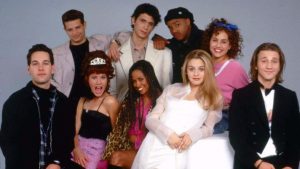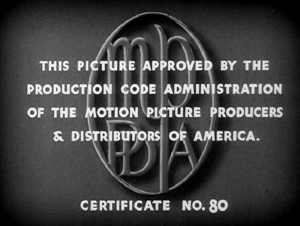 I’m a big fan of Krysten Ritter and I admit to watching more than a couple of her videos on YouTube. I stumbled across this one the other day and it reminded me why I’m fairly certain I’d make a horrible celebrity, and why Ritter is such a good one.
I’m a big fan of Krysten Ritter and I admit to watching more than a couple of her videos on YouTube. I stumbled across this one the other day and it reminded me why I’m fairly certain I’d make a horrible celebrity, and why Ritter is such a good one.
Fame seems like a wonderful thing when viewed from a distance and I think there are many people who enjoy the non-stop adulation. I, however, am not such a person. Introvert, socially awkward, whatever you want to call it; it’s hard for me to believe I could tolerate such incessant access to me. I would be a lousy celebrity. Much as I like to think I’m a pretty decent fellow, there is no question people intruding into my life so boldly and ceaselessly, would drive me insane.
Part and parcel of being a celebrity and all the good things that come with it; is the simple fact that you are well-known and recognized wherever you go. There will be an essentially never-ending line of people wanting your autograph. They will line up to take selfies with you until you are forced to leave. The lines will go on forever. They will scream your name and tell you to be still so they can take pictures of you.
There are compensations. I’m certainly not suggesting the life of a celebrity is misery and pain. I’m just saying that such a life comes with particular and sometimes onerous obligations. If you don’t like strangers standing next to you and taking pictures with flash after flash after flash, the life of a celebrity might not be for you.
There is an assumption here that I have enough talent to become a celebrity. That my novels have any chance at all of generating enough interest to make me desirable as a selfie mate. I have no illusions of this, but it is something that crosses my mind. If my novels were to become popular and made into movies would I have the patience of Ritter? Would I have the ability to smile and say thank you endlessly?
I think the answer is no. I think I’d have to take a path similar to that of J. D. Salinger or Emily Dickinson although that is not particularly appealing either. Perhaps I could find some sort of happy medium wherein I lived a relatively normal life and avoiding many of the trappings of celebrity. I wonder how many of the people I know would make good celebrities. Would you?
Tom Liberman


















